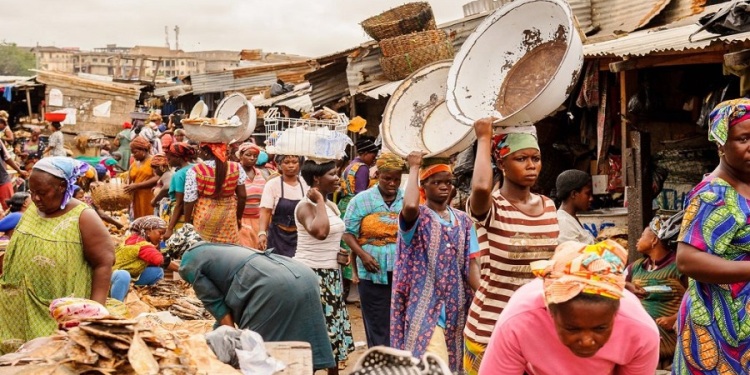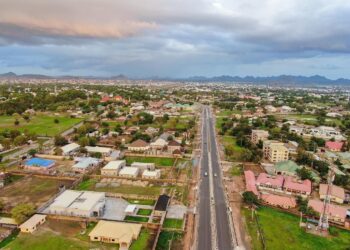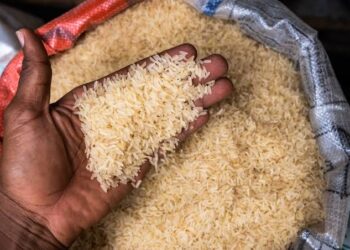Nairametrics has documented Nigeria’s skyrocketing inflation rate throughout 2022.
According to data from the National Bureau of Statistics (NBS), inflation increased steadily throughout the year, rising from 15.6% in January to 21.5% in November.
By all projections, December will see increased inflation, as has been the case every year since 2018. The higher uptick in December is often due to the escalated spending nationwide due to the Christmas holidays.

Cause of inflation: Inflation research suggests that the major driver is cost-push inflation. Cost spikes are caused by a rise in global energy prices.
- The logic behind this is that as most of global manufacturing is driven by fossil fuel-derived energy, a rise in energy prices inevitably leads to a rise in the cost of manufacturing. This in turn leads to a spike in prices of everything from goods to food (a wide range of materials from fertilizers to plastics are also a product of the oil and gas industry).
- While correlation does not necessarily mean causation, this theory finds support in the data. The price of Brent crude rose above US$100 per barrel for the first time in 2022 on the 28th of February and peaked at US$127.98 per barrel on the 8th.
- Brent prices will not dip below the US$100 benchmark until August; between February and August, Nigeria’s inflation rate went up nearly five full percentage points.
Russia/Ukraine war: In February 2022, Russia invaded nearby Ukraine. As a result, most Global North countries were quick to impose economic sanctions on the country. This correlates directly to the global hike in energy prices;
- Russia is one of the world’s largest oil exporters, the second largest in the last five years after Saudi Arabia. This has an even greater relationship with Nigeria.
- While Nigeria is a major, if underperforming oil producer, the country has done little to no refining in a few years to date. Russia is a major source of two essential items in Nigeria’s economy: refined petroleum and wheat. With that supply line cut, fuel and food prices soared, leading to high inflation figures.
- Apart from wheat, Nigeria also imports fertilizers from Russia, along with a lot of seafood from mackerel to blue whiting. Nairametrics reported in February that Nigeria was about to lose a near-US$2 billion import partner in Russia. Accordingly, between February and August food inflation rose by six percentage points, according to NBS data.
The CBN’s reaction: There is a neoclassical economics school of thought that posits that the major causes of inflation are the twin actions of demand-pull and money supply.
Per the latter, the more money there is circulating in the economy, the more people spend. The more people spend, the higher prices rise.
Another approach describes the former – economic expansion leading to a rise in consumer spending and increased demand, which will inversely lead to reduced supply and raised prices.
- This seems to be the theory favoured by the Central Bank, which has moved to tackle inflation by raising the monetary policy rate (MPR). The apex bank, under the leadership of Godwin Emefiele, has sought to tackle inflation by raising the MPR, or interest rate, in a bid to reduce the money supply. Thus, MPR has risen by five percentage points between January and December.
- It remains to be seen if this is a successful approach, as it has so far not yielded the desired results. It can be credibly argued that the rise in prices was caused by supply shortages and hikes in the cost of production, as opposed to increased demand.
- After all, the Statistics Bureau’s groundbreaking report from October 2022 showed that over 134 million Nigerians are multidimensionally poor. This directly opposes the idea of an expansionary economy and negates the need to reduce the money supply.
















.gif)






